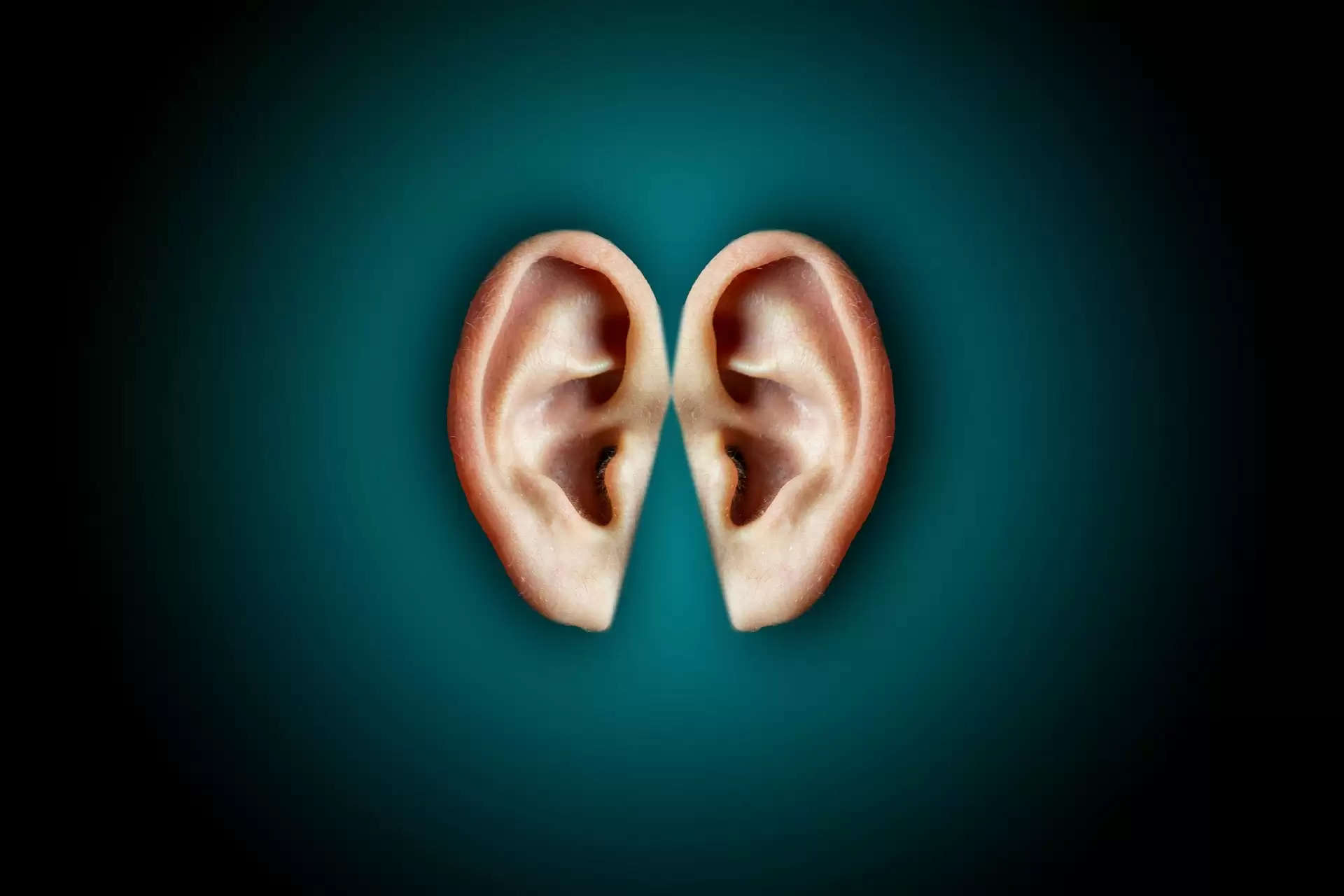Coping With Sudden Hearing Loss: Alka Yagnik's Story

Sudden hearing loss is an uncommon condition, affecting only about 5-20 people per 100,000 each year. Recently, renowned Bollywood playback singer Alka Yagnik, known for her melodious contributions to the millennial generation, shared a personal experience on social media. She revealed that she has been diagnosed with a rare form of sensory neural nerve hearing loss caused by a viral infection.
In an Instagram post, Alka Yagnik expressed her shock at the sudden onset of her condition, revealing that her doctors diagnosed it as a rare sensory neural nerve hearing loss caused by a viral attack. She described the setback as completely unexpected.
Recognizing the Symptoms
But what exactly is this rare form of hearing loss, and how can one identify its signs and symptoms? According to clinical experts, sudden hearing loss, similar to what Alka Yagnik experienced, typically manifests as a rapid decline in hearing in one ear.
This can occur overnight or over a few days and might be partial or complete. Accompanying symptoms often include a "pop" sound, tinnitus (ringing in the ears), a sensation of fullness in the affected ear, dizziness, and occasionally vertigo.
The Rarity and Causes of Sudden Hearing Loss
Sudden sensory neural hearing loss (SNHL), particularly when triggered by a viral attack, is relatively rare compared to gradual hearing loss. It is often idiopathic, meaning the precise cause remains unidentified in many cases. However, known causes can range from viral infections like herpes simplex, measles, mumps, and varicella-zoster virus.
These viruses can damage the cochlea or auditory nerve, leading to rapid hearing loss. Misdiagnosis is common, resulting in underreporting, and the specific viral causes of SNHL are less frequent than other hearing loss causes.
Treatment and Recovery
Treatment for hearing loss caused by a viral infection generally involves administering high-dose corticosteroids to reduce inflammation and swelling in the inner ear. These can be administered orally or through intratympanic injections. While antiviral medications might help if a viral infection is suspected, their effectiveness is still uncertain, and they are not standard treatment.
For those with significant, permanent hearing loss, hearing aids or cochlear implants might be considered. Spontaneous recovery occurs in about 30-65% of cases within the first two weeks, with some patients seeing improvements for up to three months. Early intervention is crucial for better outcomes.
Prevention and Precaution
Preventive measures include maintaining overall health, protecting ears from loud noises, practicing good hygiene to avoid ear infections, and ensuring timely vaccinations to prevent viral infections known to cause hearing loss.
Experts recommend seeking immediate medical help if you experience sudden hearing loss or other related symptoms. Regular hearing check-ups are also advised, especially for those with a history of ear infections or other risk factors.
Avoiding prolonged exposure to loud noises without ear protection and not stopping prescribed medications without consulting a doctor are essential steps to protect hearing health.
Medical Disclaimer: The information and reference materials contained here are intended solely for the general information of the reader. Patients and consumers should review the information carefully with their professional health care provider. The information is not intended to replace medical advice offered by physicians. You should consult your physician before beginning a new diet, nutritional or fitness program. The publisher or its management do not claim responsibility of this information.
.jpg)
